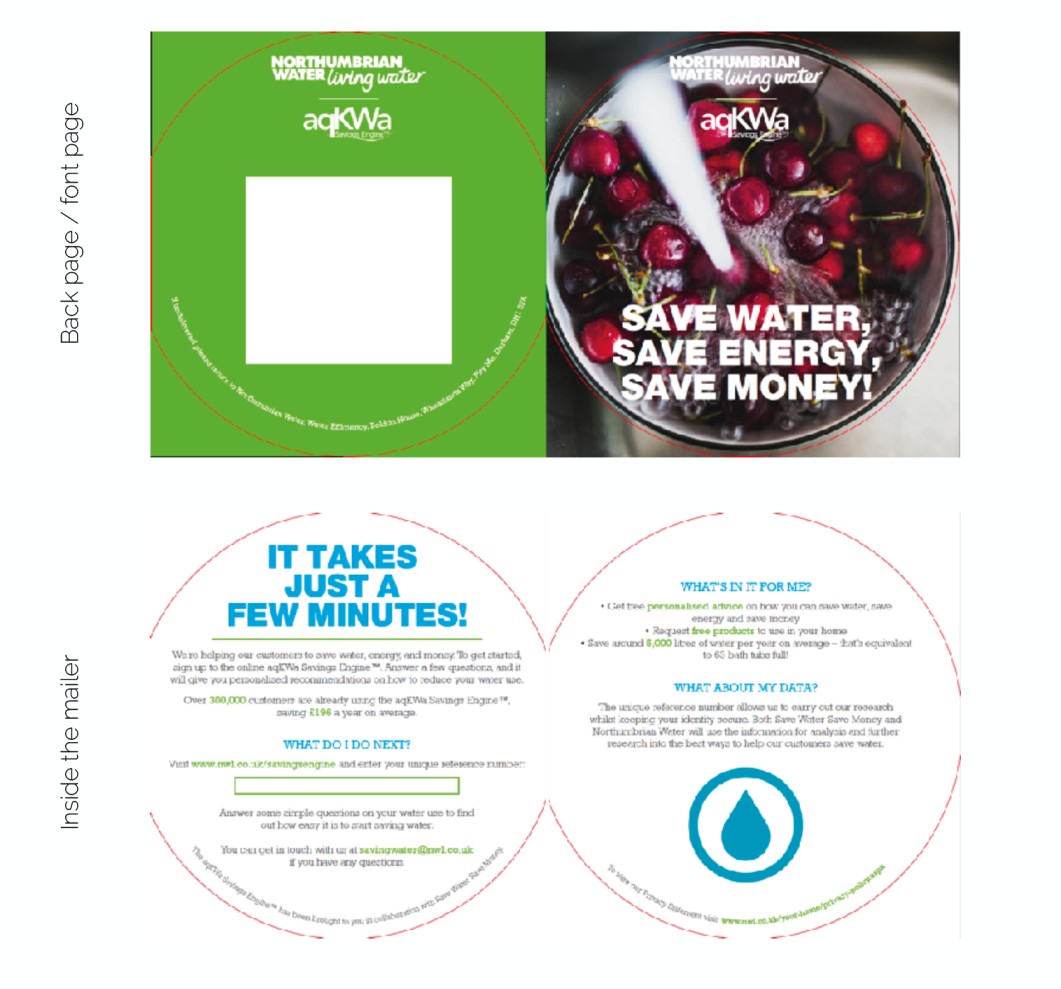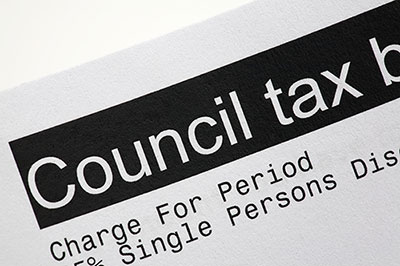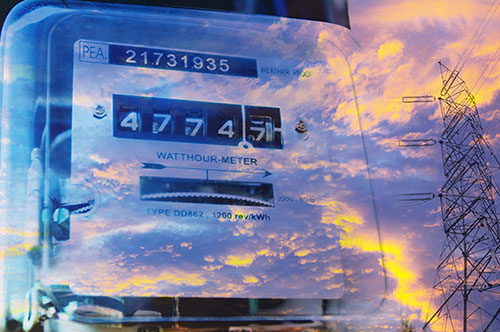Utilities
A behavioural approach to water conservation using an online tool
2019
PARTNERS
Share
We helped Northumbrian Water test communications to encourage their customers to engage with an online water savings tool, and to find out how using this tool affects household water use.
With clean, cheap freshwater availability one of the top concerns of water companies throughout the UK, particularly in water-stressed regions, conserving water at the household level presents a major opportunity to help prevent an environmental crisis while lowering water bills for many.
We partnered with Northumbrian Water to test ways we could encourage the use of an online water saving tool – a 10-minute questionnaire designed to help people better understand their own water use. In doing so, we were also able to test whether using the tool indeed helped people conserve water in their homes.
Encouraging customer engagement with the Save Water Save Money tool
Based on one of Northumbrian Water’s direct mailers, we redesigned 5 new copies using behavioural science concepts. To rigorously evaluate the impact of the new mailers on customer engagement with the online water saving tool, we designed a randomised controlled trial (RCT) in which customers were randomly assigned different versions of the mailer.
Our redesigned communications ranged from a simplified version of the original message and new versions that highlighted the moral and social aspects of water conservation, to messages that offered a cash bonus to customers who used the online water savings tool.
All of our redesigned messages led to upticks in the number of customers who engaged with the online tool. By far the biggest impact observed was for those offered a cash bonus (£10 or £15) for taking the time to fill out the survey. Importantly, the £15 bonus was only slightly more effective than the £10 bonus, suggesting that a smaller bonus is more cost-effective for future engagement campaigns.

Example of one of the redesigned communications
Did the online tool actually lead to more water conserving behaviours?
Customers who took the online survey used on average 10 fewer litres of water per day than customers who did not take the survey. However, this result should be interpreted with caution as the difference is not statistically significant. As many as 83% of those who took the survey agreed that the tool was useful and informative and 91% reported implementing at least one of the given recommendations to save water since taking the survey – so why didn’t we find a significant increase in water savings?
One plausible answer is that daily water use often involves habitual behaviours rather than discrete decisions. It is often more difficult to change habitual behaviours than it is to change one-time decisions like whether to take a survey or not – even when people have good intentions to do both.
Of the many lessons from this trial, perhaps the most influential is the finding that financial incentives, even small ones, readily encourage customers to act. This finding suggests that Northumbrian Water may have more success in promoting water conservation by targeting behaviours that have a more direct impact on water use, particularly when they involve one-time decisions that could lead to measurable financial savings like installing a water meter.




